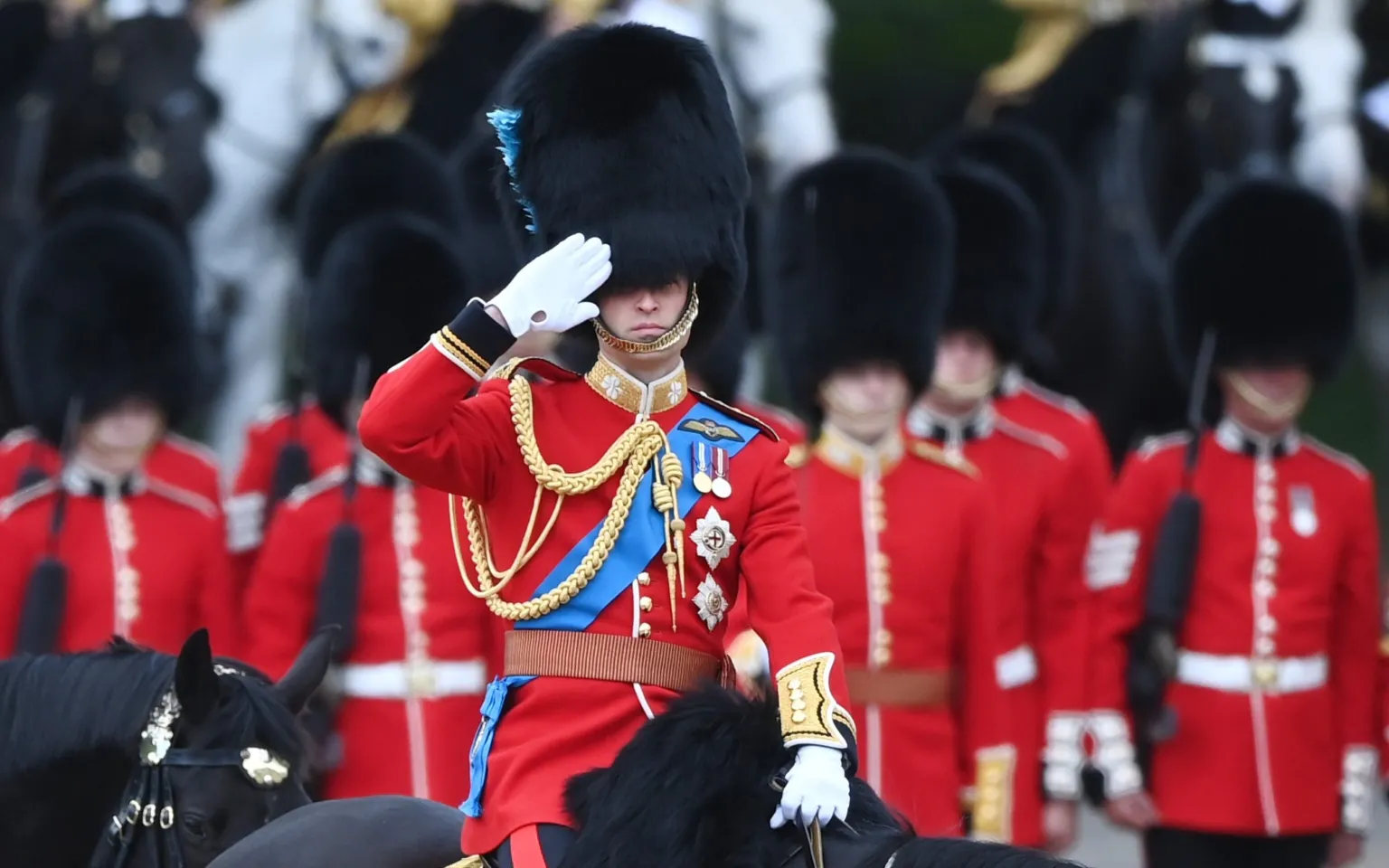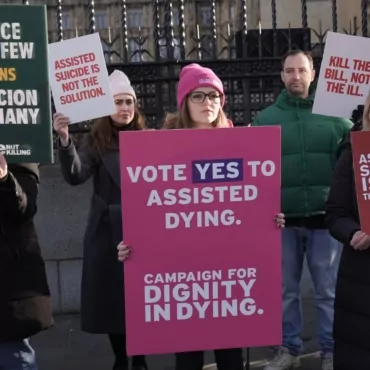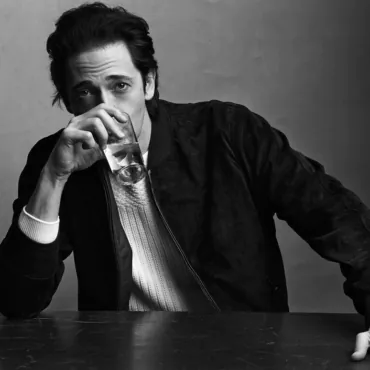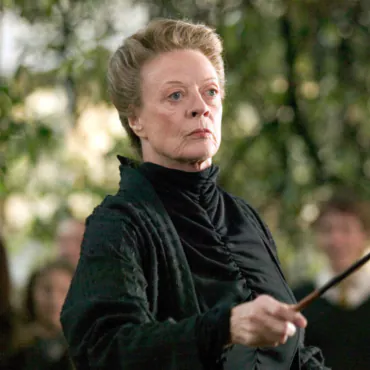History: 1 monarch, 2 birthdays and 6 blank cartridges
The Guardsmen are one of the oldest units in the British Army and have served as the personal bodyguards of the sovereign since the end of the Civil War in 1660. It is believed that the first flag ceremony was held during the reign of King Charles II (1660-1685), but the initiator of combining Trooping the Colour with the celebration of His Majesty’s birthday was George II in 1748, who, it should be noted, was born in a chilly November. The parade was later moved to warmer months, but the event was still associated with the sovereign’s birthday. Trooping the Colour is now held annually in June, on different dates, but invariably on the second Saturday of the month.

Each regiment has its own flags with unique symbols and colors – once used to avoid confusion on the battlefield. This was important because without modern means of communication, it was too easy for troops to become disoriented and separated from their comrades-in-arms during battles. If the flag was captured by the enemy, it was considered a great dishonor. Thus, what is now a great British tradition began as a vital and practical ritual. According to custom, each time the honor of carrying their banner falls to only one regiment of foot (there are 5 in total), this year the duty fell to the Irish Guards.
The late Queen Elizabeth participated in the parade every year since her accession to the throne, except for a few years when the event was canceled due to a railroad workers’ strike in 1955, and in 2020 and 2021 due to a pandemic.

The ceremony usually goes off without incident, except on rare occasions – for example, in 1981, an unemployed young man named Marcus Sergeant fired six blank cartridges at Queen Elizabeth II. The shots startled Elizabeth’s horse, however, the monarch was able to quickly master the situation and kept herself in the saddle.
What to expect in 2024
This year’s Trooping the Colour promises to be more low-key than usual. His Majesty, who traditionally inspects troops on horseback, will ride in a carriage. This decision is due to the fact that the king is still continuing to undergo cancer treatment. It was also assumed that the Princess of Wales, who missed the regimental preview for health reasons, would not attend the ceremony, but on the eve, Kate released a touching message that she still intended to join the event and shared details about her well-being.

The procession will start at Buckingham Palace, head along The Mall, turn the corner near St. James’s Park and make its way to Horse Guards Parade, the site of the daily changing of the guard. The nearest tube stations are Charing Cross and Westminster.
The event is scheduled to begin at 10:20 a.m., but spectators wishing to watch the ceremony from TheMall street or the park had better arrive early.
Depending on the weather, the Royal Air Force’s Red Arrows will fly in the sky over Buckingham Palace at around 1pm.

Anyone who can’t or won’t make it to central London will have the opportunity to watch a live broadcast of the ceremony on BBC One starting at 10:30am.
Tickets for the grandstand around the Horse Guards Parade are allocated by ballot – maximum 4 tickets per applicant, cost £30. They are usually purchased in advance online at the Army’s website. Those who have managed to organize a seat in the grandstand should know – umbrellas will not be allowed there, as they may prevent other spectators from enjoying the show.
Photos of the royal family on Trooping the Colour from different years




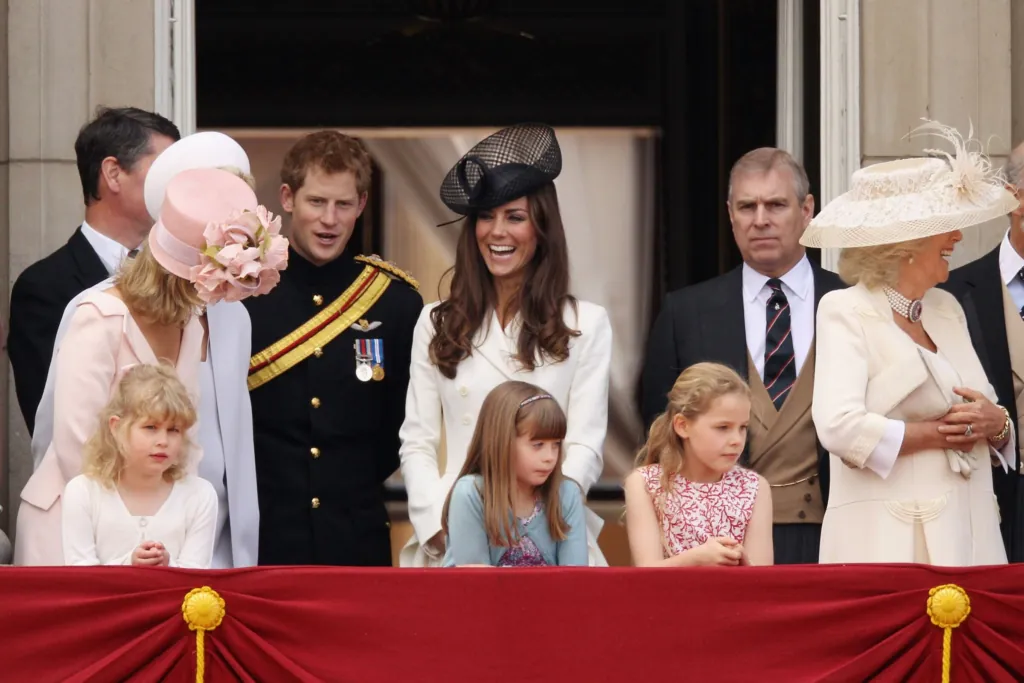


